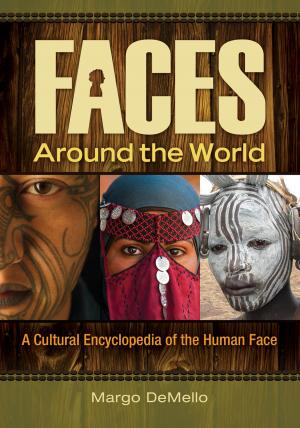The Death Penalty: Documents Decoded
Documents Decoded
Nonfiction, Reference & Language, Law, Courts, Social & Cultural Studies, Social Science, Crimes & Criminals, Penology, Criminal law| Author: | Joseph A. Melusky, Keith A. Pesto | ISBN: | 9781610691956 |
| Publisher: | ABC-CLIO | Publication: | January 27, 2014 |
| Imprint: | ABC-CLIO | Language: | English |
| Author: | Joseph A. Melusky, Keith A. Pesto |
| ISBN: | 9781610691956 |
| Publisher: | ABC-CLIO |
| Publication: | January 27, 2014 |
| Imprint: | ABC-CLIO |
| Language: | English |
When is the death penalty considered "cruel and unusual punishment" or "constitutionally permissible"? This book exposes readers directly to landmark opinions of the U.S. Supreme Court that strive to answer difficult questions regarding capital punishment.
• Presents the opinions of the Supreme Court in significant capital punishment or cruel and unusual punishment cases through the carefully excerpted words of the justices themselves
• Organizes information chronologically to facilitate students tracing the evolution of capital punishment in the United States
• Uses documents and insightful commentary to clarify and explain the arguments for and against capital punishment, providing unbiased information that allows readers to fairly consider both sides of the debate
• Recognizes the trends in the Supreme Court's decisions involving the death penalty and cruel and unusual punishment
• Ties court opinions to developments in law, technology, and society, such as the advent of DNA evidence
• Provides an ideal resource for undergraduate students studying constitutional law, civil rights/liberties, criminal justice, American government, and American history; as well as high school students in relevant advanced placement courses
When is the death penalty considered "cruel and unusual punishment" or "constitutionally permissible"? This book exposes readers directly to landmark opinions of the U.S. Supreme Court that strive to answer difficult questions regarding capital punishment.
• Presents the opinions of the Supreme Court in significant capital punishment or cruel and unusual punishment cases through the carefully excerpted words of the justices themselves
• Organizes information chronologically to facilitate students tracing the evolution of capital punishment in the United States
• Uses documents and insightful commentary to clarify and explain the arguments for and against capital punishment, providing unbiased information that allows readers to fairly consider both sides of the debate
• Recognizes the trends in the Supreme Court's decisions involving the death penalty and cruel and unusual punishment
• Ties court opinions to developments in law, technology, and society, such as the advent of DNA evidence
• Provides an ideal resource for undergraduate students studying constitutional law, civil rights/liberties, criminal justice, American government, and American history; as well as high school students in relevant advanced placement courses
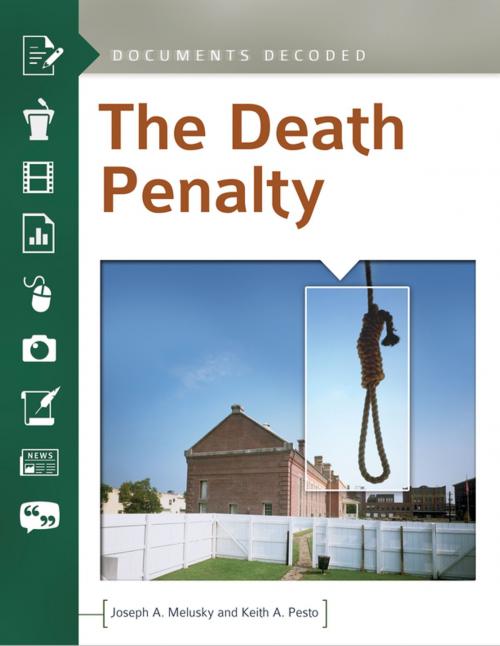


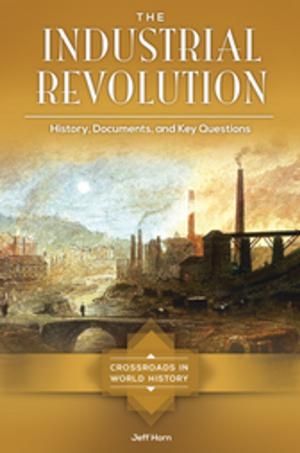

![Cover of the book Controversies in Contemporary Religion: Education, Law, Politics, Society, and Spirituality [3 volumes] by Joseph A. Melusky, Keith A. Pesto](https://www.kuoky.com/images/2014/september/300x300/9781440803420-63Wy_300x.jpg)

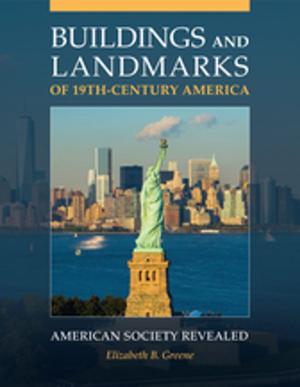
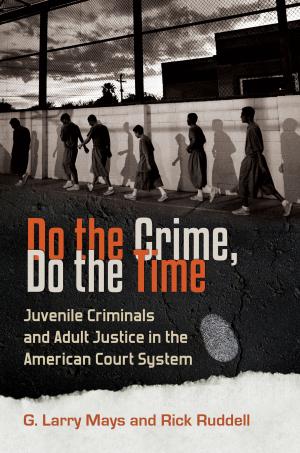


![Cover of the book Icons of Women's Sport [2 volumes] by Joseph A. Melusky, Keith A. Pesto](https://www.kuoky.com/images/2012/february/300x300/9780313385490-p0YO_300x.jpg)


